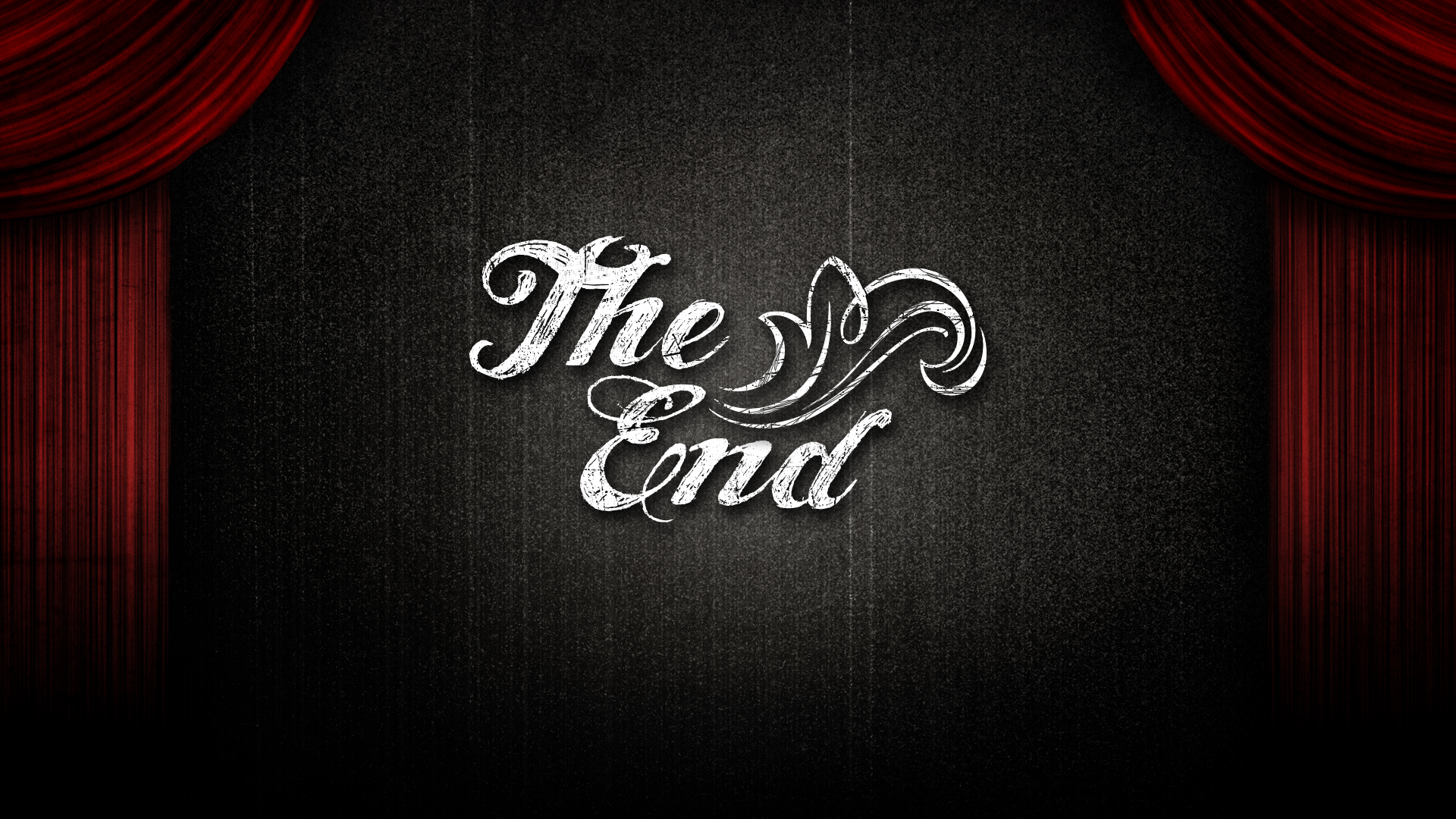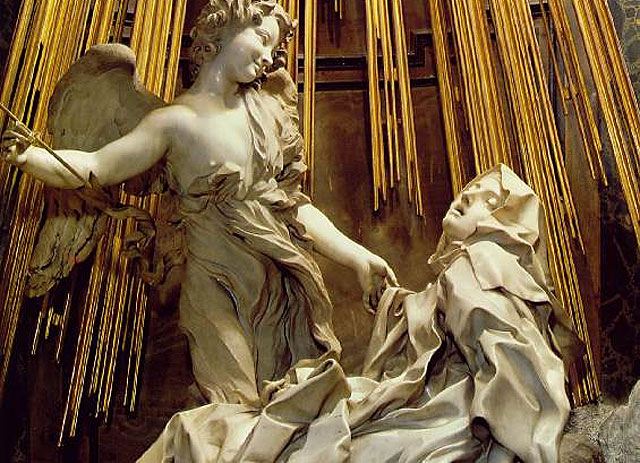“Lord, is there an aim, like perfecting the world or uniting us all into the Godhead?”
No, not exactly. There is a purpose but not an end-point. The notion of an end-point derives from the model of the human will and its desires, getting what it wants. The purpose of singing a song is not to get to the end.
There is no end-time. The purpose of eschatology is to portray something about the meaning of the world.
Eschatology denotes religious ideas about the final purpose or culmination of history.
There are endings to particular worlds, but they are not apocalyptic, any more than an individual death is.
Well, just when a meaningful pattern was emerging, a sense of direction to life and history, it ends, as T. S. Eliot says, “not with a bang but with a whimper.” History comes to nothing. I found this answer distressing, and Abigail was more upset than I was. One of the Jews’ gifts to the world is the very idea of history, not as a series of endless episodes or cycles, but as a progress, with a Beginning (the Creation) and a Grand Finale (the Coming of the Messiah). Abigail doesn’t even like movies without happy endings. And we weren’t talking about movies. As we saw it, we were talking about whether life had any meaning or purpose at all. This is a concern neither of us would let go.

